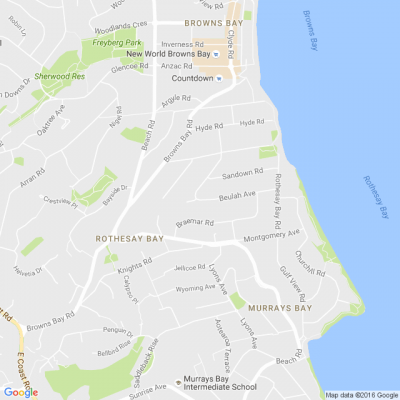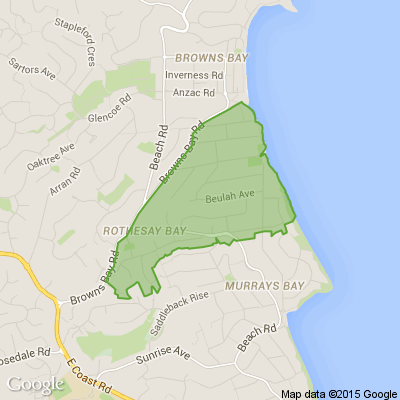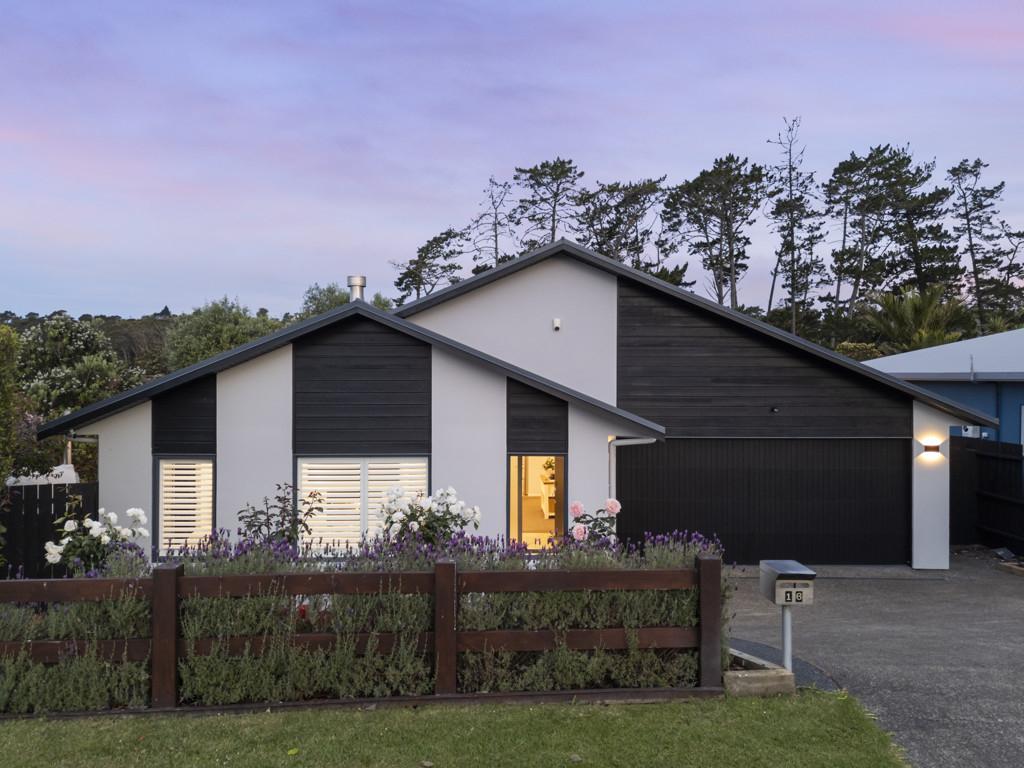How Do You Save Power?
Hi Neighbours,
Brace yourself! The days of stable electricity prices might be behind us as we transition to greener energy sources. But don’t worry—we’ve got the inside scoop on how to keep your costs under control.
Why the Change?
As part of our commitment to the Paris Agreement, New Zealand aims to cut emissions to 50% below 2005 levels by 2030 and reach net zero by 2050. Our power grid is increasingly powered by renewable sources like hydro, wind, geothermal, and solar, moving away from coal and natural gas.
The Challenge
This transition is great for the environment but can make our energy prices more volatile. With the power grid dependent on weather conditions, fluctuations in rain, wind, or sunlight can lead to higher reliance on fossil fuels, driving up electricity prices. Recently, wholesale electricity prices have surged to $850 per megawatt-hour, far above the average $150. While retailers have been shielding us from these spikes, this buffer may not last.
So, while we don’t have all the answers, we want to help you prepare for potential energy cost increases. Here are 19 cost-saving tips to keep you well-equipped before any energy crisis.
1. Review Your Power Plan Annually
Electricity plans and rates can change, so it’s best to review your plan at least once a year. Visit powerswitch.org.nz to compare different plans and ensure you’re on the most cost-effective option. Finding the right plan can lead to significant savings on your power bills.
2. Switch Off When Not in Use
Turning off lights, appliances, and electronics when they’re not in use is a straightforward way to reduce unnecessary energy consumption. This small habit can add up to substantial savings over time.
3. Optimize Hot Water Temperature
Set your hot water heater to 60°C. This temperature is sufficient for safety and comfort while avoiding the extra energy required to heat water to higher temperatures. Hot water accounts for 30% of your annual electricity costs.
4. Adjust Fridge and Freezer Settings
Ensure your fridge is set to 4-5°C and your freezer to -15 to -18°C. Regularly check that the door seals are tight to prevent cold air from escaping. Efficiently managed appliances use less energy.
5. Thaw Frozen Food Efficiently
Instead of using the microwave to thaw your food from frozen, thaw frozen food in the fridge for a day.
6. Embrace the Slow Cooker
Slow cookers are an energy-efficient cooking option. Running a slow cooker for 8 hours might cost as little as $0.20 in electricity. Using a slow cooker instead of an oven can help you save on your power costs.
7. Use a Mini Oven for Small Meals
For smaller cooking tasks, a mini oven is a more energy-efficient choice compared to a full-sized oven. It heats up faster and uses less power, which helps in reducing your overall electricity consumption.
8. Opt for Cold Water Washing
Using cold water in your washing machine saves energy. Heating water accounts for a significant portion of a washing machine’s energy use, so this switch can lead to lower electricity bills.
9. Clean Refrigerator Coils
Vacuuming the coils of your refrigerator helps it operate more efficiently by improving heat release. This maintenance task can contribute to lower electricity usage.
10. Maintain Dryer Filters
Regularly cleaning your dryer filters ensures the machine runs efficiently and doesn’t consume more energy than necessary.
11. Air Dry Laundry
Whenever possible, air dry your clothes instead of using a dryer. Air drying is a cost-effective way to reduce your electricity usage.
12. Maximise Natural Light and Heat
Open your curtains during the day to let in natural warmth and close them in the evening to trap heat. Up to 40% of your home’s heat can escape through windows, so managing this can help reduce heating costs.
13. Install a Water-Saving Shower Head
A low-flow shower head reduces water usage and the energy required to heat it. If your shower fills a 10-litre bucket in under a minute, upgrading to a more efficient model can save both water and energy, reducing your overall costs.
14. Boil Only What You Need
Fill your kettle only with the amount of water you need to boil. This avoids unnecessary energy consumption.
15. Invest in Energy-Efficient Appliances
Choose appliances with high energy-efficiency ratings. While they may have a higher upfront cost, they use less power, leading to long-term savings on your electricity bills.
16. Insulate Where Possible
Install insulation under your floor and in your ceiling to lower heating and cooling costs.
17. LED lighting
Swap to energy efficient lighting like LED down lights or light bulbs to dramatically increase savings.
18. Optimise Your Heated Towel Rail
Putting your heated towel rail on a timer rather than running it 24/7 can reduce your electricity consumption, while ensuring you always have a warm and dry towel.
19. Get the Right Size Heater
Ensure your heater is the appropriate size for your space. Use the Consumer NZ heater calculator to find the best option for your needs. An appropriately sized heater operates more efficiently and can help reduce your heating costs.
While these tips won’t take your power bill to $0, we’ve found the little things do add up.
Got your own power-saving hacks? Share them in the comments!
Cheers,
Josh from Anytime Electrics

Poll: Are quality products on the decline?
Gift-giving looks a lot different these days when you can pick up super-cheap goods made overseas. But do they last?
Do you have any old items like appliances, electronics or clothing that have stood the test of time? Share below!

-
91.5% Yes
-
7.8% No
-
0.8% Other - I'll share below
Only the Sharpest Minds Will Get This Riddle… Are You One of Them?
I twinkle and glow, guiding paths in the snow.
I’m not the sun, moon, or star in the sky,
yet on rooftops and trees, you’ll see me up high.
What am I?
Do you think you know the answer to our daily riddle? Don't spoil it for your neighbours! Simply 'Like' this post and we'll post the answer in the comments below at 2pm.
Want to stop seeing riddles in your newsfeed?
Head here and hover on the Following button on the top right of the page (and it will show Unfollow) and then click it. If it is giving you the option to Follow, then you've successfully unfollowed the Riddles page.

Impersonating tow truck drivers
Police are warning drivers across Tāmaki Makarau to be on the lookout for dodgy tow truck drivers following several incidents in the past few months.
Motorists are being warned of a small group of people pretending to be tow truck drivers, committing crimes by using unregistered tow trucks to pick up vehicles.
Sergeant Suzannah Kimber, Counties Manukau Police, says the group steals vehicles by pretending to legitimately tow them before disposing of the vehicles.
“Recently these offenders towed a member of the public’s vehicle in plain sight.
“Members of the public drove past this tow truck while they were loading it up as it just looked normal.
“They even go as far as wearing high-visibility clothing.”
Sergeant Kimber says Police are taking the opportunity to remind the community that all tow trucks will have external sign writing with the company name and be able to produce their logbook if asked.
“They also must be registered as a transport operator.
“If you see a tow truck without any distinguishing features towing cars, please call Police immediately.”








 Loading…
Loading…





